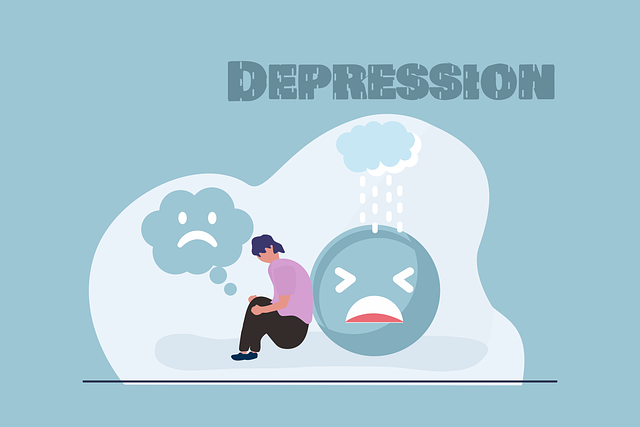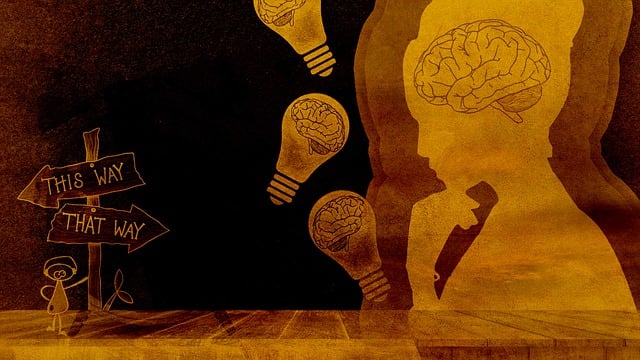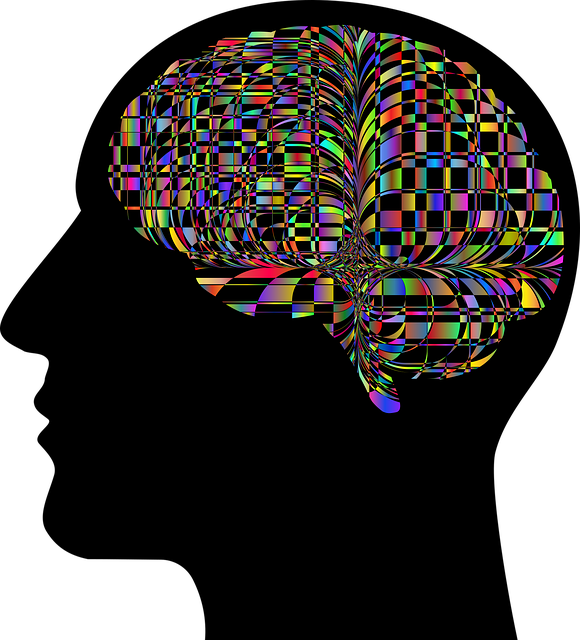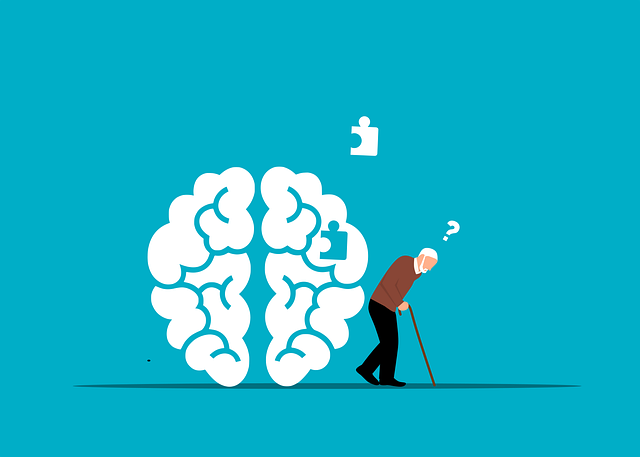Mental health education, as offered by Castle Rock Cancer Issues Therapy (CRCIT), is a powerful tool to combat stigma, empower individuals, and improve overall well-being. By addressing common myths, teaching evidence-based practices like mindfulness, and fostering empathy, these programs enable early intervention and access to critical support services. CRCIT's holistic approach integrates emotional intelligence training, resilience building, and confidence boosting, creating a supportive community that prioritizes mental health. Their successful program showcases effective mental health support within cancer care, reducing stigma through group therapy, peer networks, and public awareness campaigns. Implementing such programs requires strategic planning, evidence-based practices, and interactive workshops, measured through participant engagement, knowledge retention, and behavioral shifts, ultimately enhancing patient experiences and community-wide mental health initiatives.
Mental health is a vital aspect of overall well-being, yet it often remains shrouded in myths and stigma. This article explores the critical role of education in dismantling these barriers and empowering individuals to recognize and address mental health concerns early on. We delve into the process of designing effective programs, highlighting key components for success. Drawing from the successful Castle Rock Cancer Issues Therapy model, we examine integration strategies and measure their profound impact on mental health outcomes.
- Understanding Mental Health: Unveiling Common Myths and Stigma
- The Role of Education: Empowering Individuals for Early Intervention
- Designing an Effective Program: Key Components for Success
- Castle Rock Cancer Issues Therapy: A Case Study in Mental Health Integration
- Implementation and Impact: Measuring Success and Long-Term Benefits
Understanding Mental Health: Unveiling Common Myths and Stigma

Mental health is a vital aspect of overall well-being, yet it’s often shrouded in myths and stigma that can prevent people from seeking help. One of the first steps in designing an effective mental health education program is to dispel these misconceptions. Common myths include ideas like “mental illness is a sign of weakness” or “people with mental disorders are dangerous.” These stereotypes not only perpetuate stigma but also hinder individuals from accessing essential Castle Rock cancer issues therapy and other support services.
By integrating topics such as mindfulness meditation, stress management, and mind over matter principles into educational programs, we can foster understanding and empathy. Teaching participants about the biological and environmental factors contributing to mental health conditions can help break down barriers. This approach ensures that individuals not only recognize when they or their loved ones might need support but also understand where to turn for accurate information and effective interventions.
The Role of Education: Empowering Individuals for Early Intervention

Mental health education plays a pivotal role in empowering individuals to recognize and address their well-being proactively. Early intervention is crucial when it comes to managing mental health issues, and education acts as a key tool in this process. By integrating programs that focus on stress management, conflict resolution techniques, and raising awareness about various mental health conditions, we can foster an environment where people feel equipped to seek help.
In the context of Castle Rock cancer issues therapy, for instance, educating individuals about the importance of mental resilience and coping mechanisms can significantly enhance their overall treatment experience. Learning effective stress management strategies allows folks to navigate challenging situations with more adaptability. Additionally, conflict resolution techniques enable individuals to address interpersonal challenges that may arise during this delicate period, promoting healthier interactions and support systems. This holistic approach not only improves individual outcomes but also contributes to a broader community where mental health is prioritized and normalizes proactive care.
Designing an Effective Program: Key Components for Success

Designing an effective mental health education program involves incorporating key components that foster holistic well-being. At Castle Rock Cancer Issues Therapy, we’ve found success lies in a multi-faceted approach that empowers individuals to navigate life’s challenges. First, Emotional Intelligence training is essential, teaching participants skills to recognize and manage their emotions effectively. This not only enhances self-awareness but also promotes empathy and better interpersonal relationships.
Additionally, Resilience Building activities play a crucial role in preparing individuals to face adversities head-on. By encouraging positive thinking, problem-solving strategies, and coping mechanisms, programs can help build mental fortitude. Moreover, Confidence Boosting exercises have been shown to be transformative, enabling participants to overcome self-doubt and embrace personal growth opportunities. These components work synergistically to create a supportive environment where individuals learn valuable skills for lifelong mental wellness.
Castle Rock Cancer Issues Therapy: A Case Study in Mental Health Integration

The Castle Rock Cancer Issues Therapy (CRCIT) program offers a compelling case study in integrating mental health support within a cancer care setting. By addressing the emotional well-being promotion techniques targeted at cancer patients, this initiative has made significant strides in reducing the stigma associated with mental illness among individuals facing life-altering diagnoses. Through a multi-faceted approach involving group therapy sessions, peer support networks, and tailored interventions, CRCIT has successfully fostered an environment of resilience and hope.
The program’s effectiveness lies in its holistic strategy that extends beyond traditional medical care. Public awareness campaigns development focused on mental health education and destigmatization has been pivotal in encouraging cancer survivors to openly discuss their emotional challenges. By integrating these efforts, CRCIT not only enhances the overall patient experience but also contributes to broader mental illness stigma reduction initiatives within the community.
Implementation and Impact: Measuring Success and Long-Term Benefits

Implementing a mental health education program involves careful planning and measurement strategies to ensure its success and longevity. The impact of such initiatives extends far beyond immediate outcomes, offering long-term benefits for individuals and communities alike. By integrating evidence-based practices and interactive workshops, programs can effectively equip participants with essential skills in emotional regulation, crisis intervention guidance, and confidence boosting.
Measuring success involves tracking participant engagement, knowledge retention, and behavioral changes. Regular feedback mechanisms, pre- and post-program assessments, and follow-up sessions help gauge the program’s effectiveness. For instance, a significant reduction in stress levels, improved coping strategies, or increased help-seeking behaviors among participants could serve as strong indicators of success for programs focusing on Castle Rock cancer issues therapy, underscoring the power of such initiatives in fostering resilience and enhancing overall well-being.
Mental health education programs, as illustrated by the successful implementation of Castle Rock Cancer Issues Therapy, play a pivotal role in breaking down stigma and empowering individuals. By integrating key components such as myth-busting, early intervention strategies, and holistic approaches, these programs can foster a supportive environment where mental well-being is prioritized. Regular evaluation and measurement of impact ensure that education remains effective and adaptable to evolving needs, ultimately contributing to improved community mental health outcomes.











